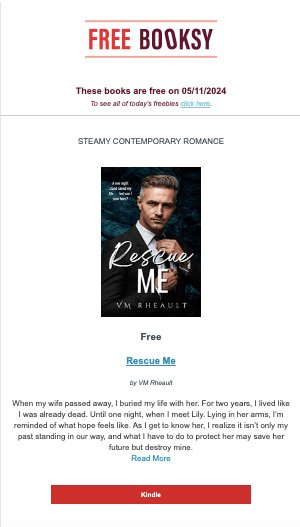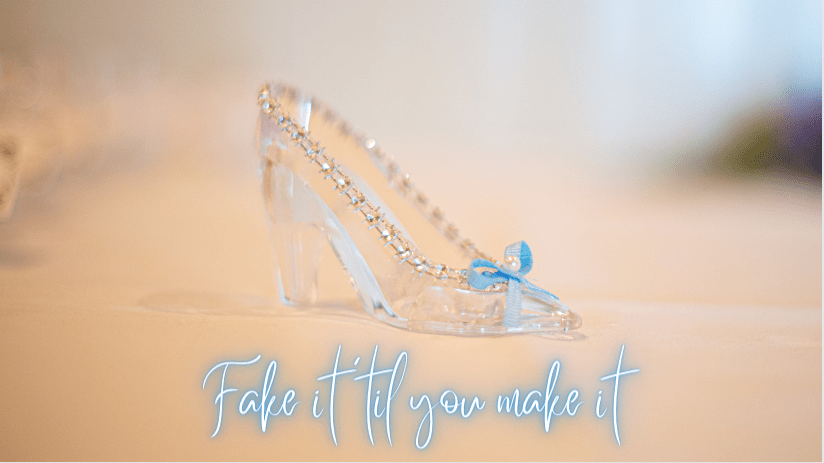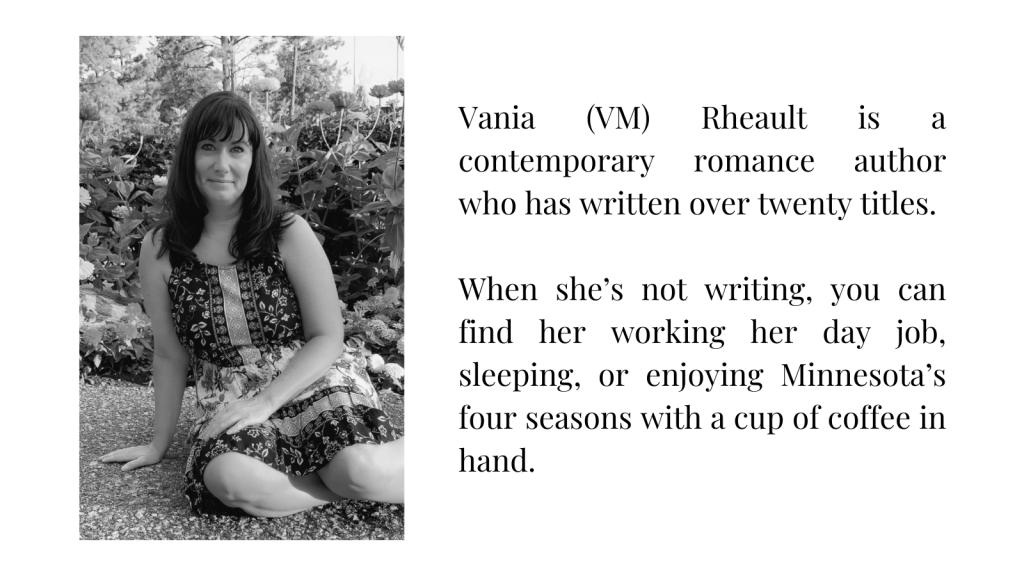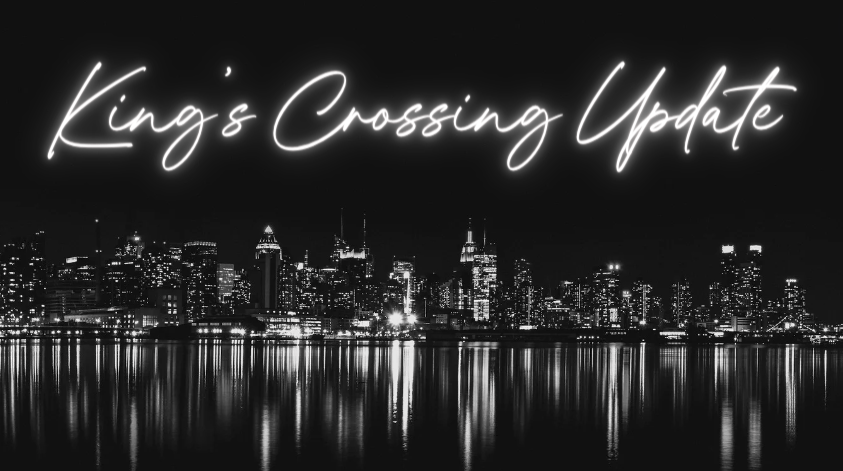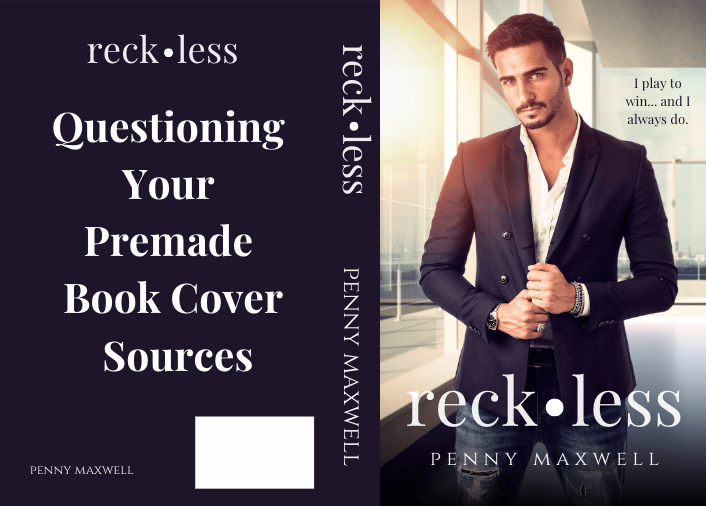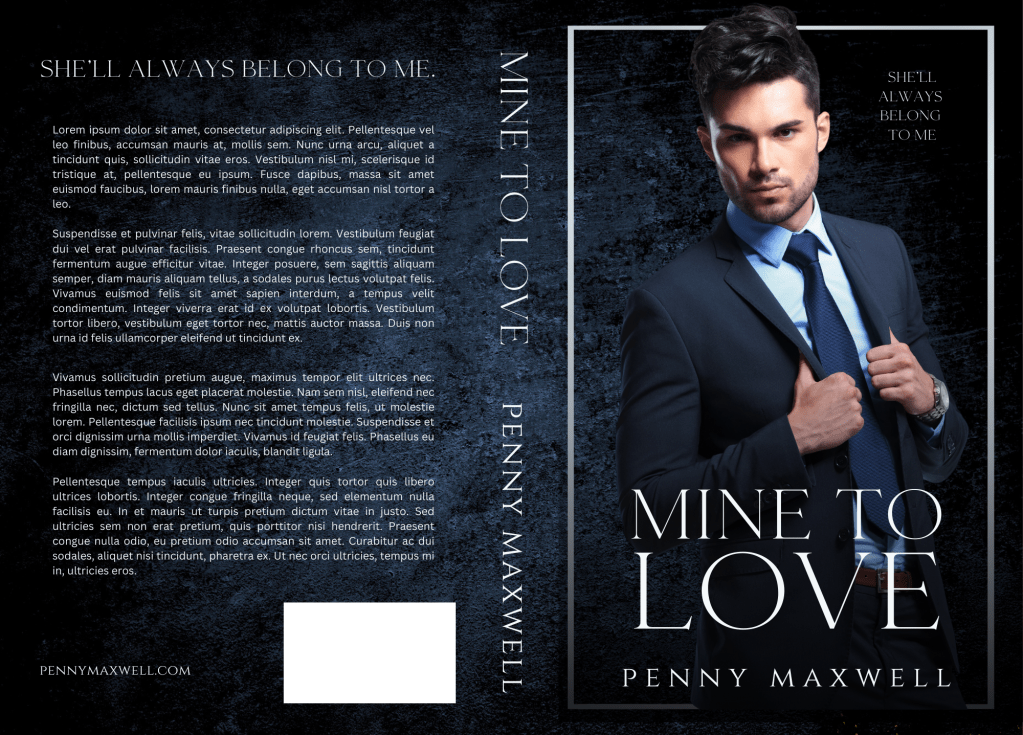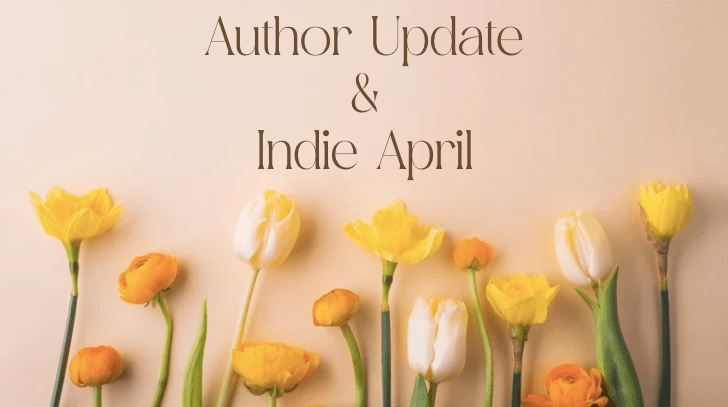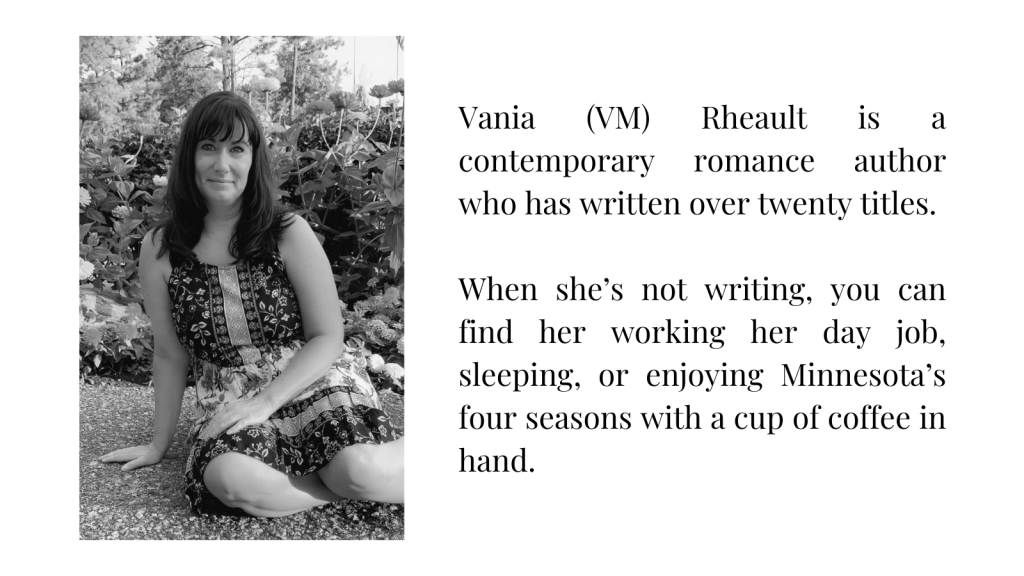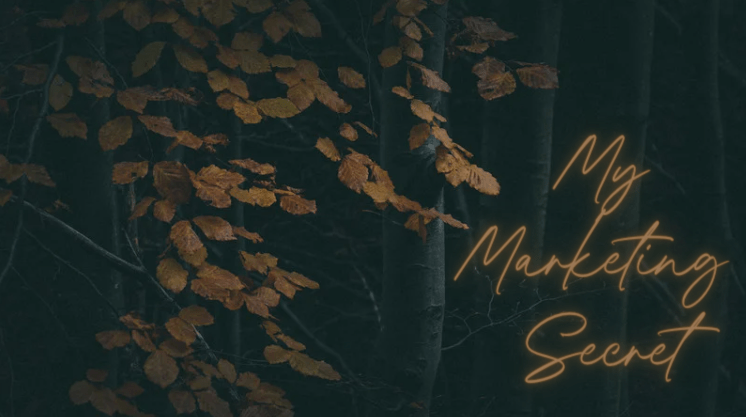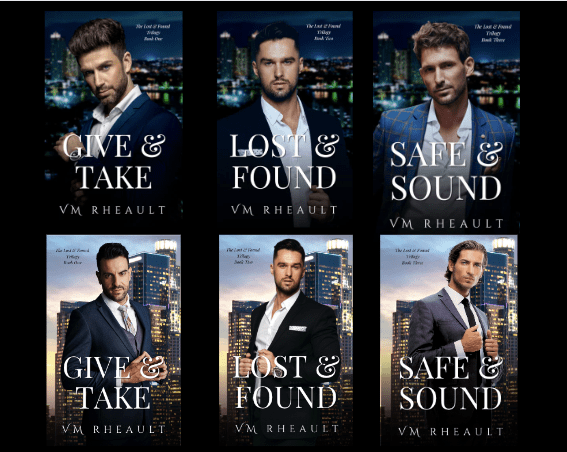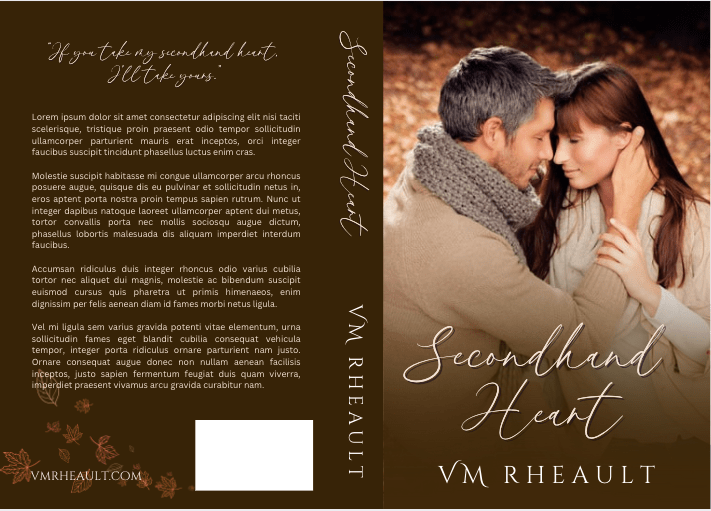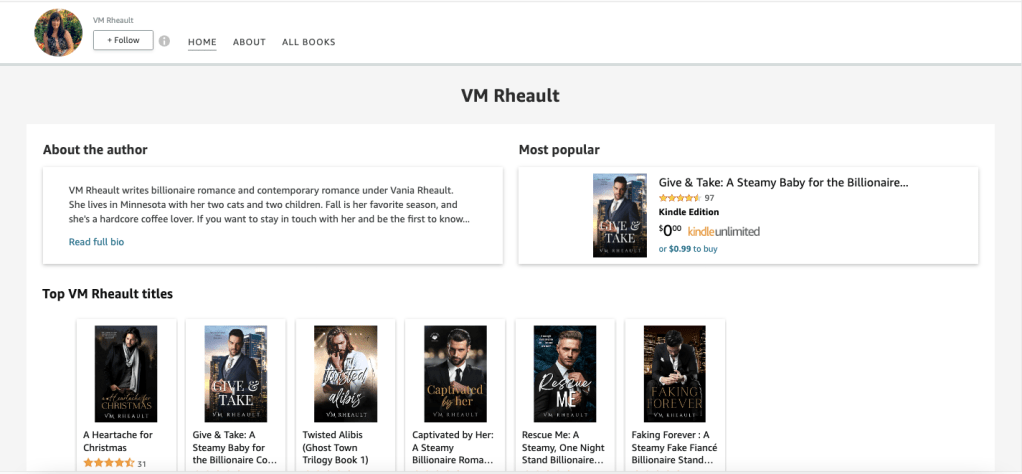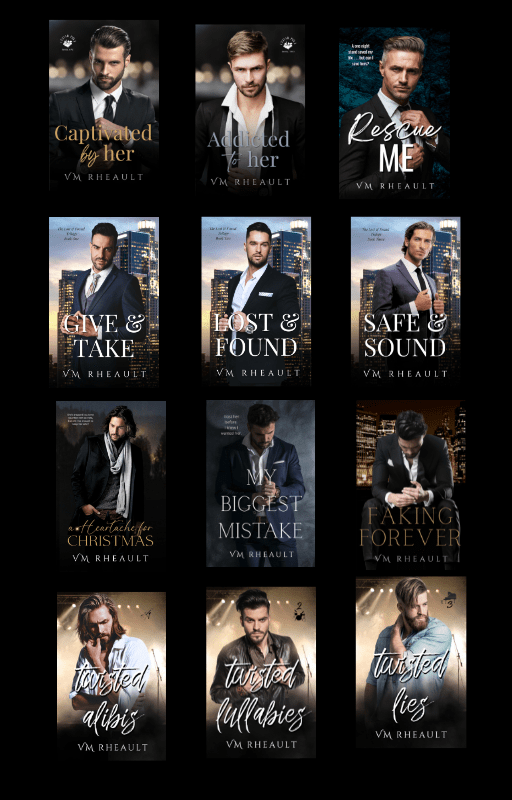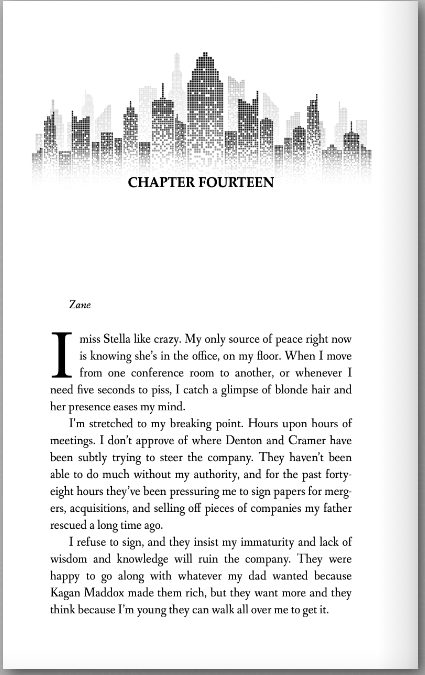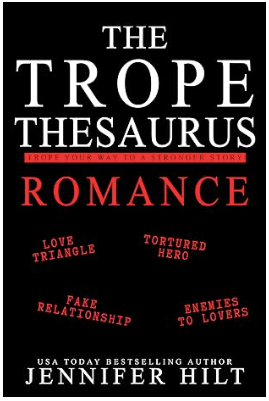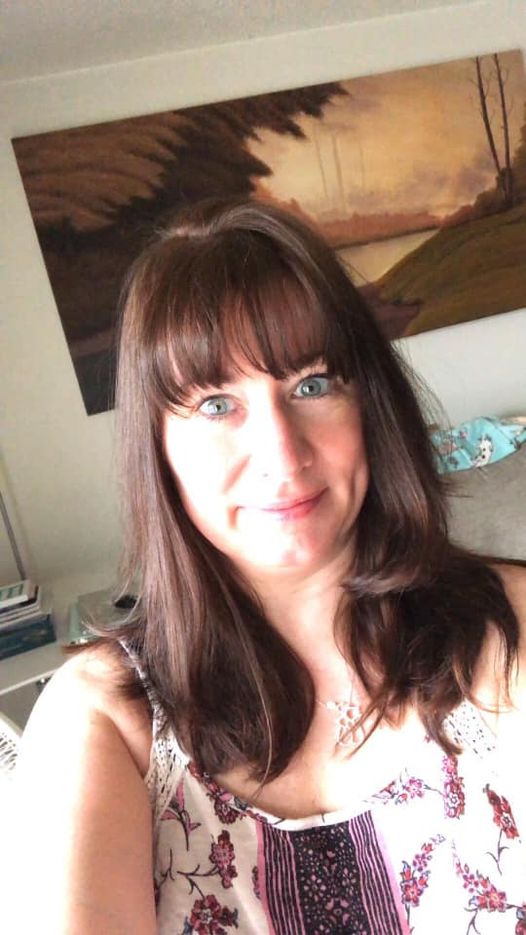Happy Monday! I hope everyone had a great weekend. I can’t believe how fast May is going by, and it doesn’t bode well for all the things I want to get done before the end of the month. We’ve had some nice weather in the past few days, and on a walk I took a couple pictures of some berry trees.


I’m trying to get out a little more to boost my spirits. Since I’ve been feeling slightly better, I’m not as comfortable sitting in my bedroom alone hiding from the world. The sun perks me up, as does taking walks to the river and back (that’s a short 1.5 mile stroll) and I’m trying to do better as it helps with editing too. It’s easier when your mind isn’t fuzzy from staring at a screen for ten hours non-stop.
Having said that, haha, I’m still editing book six. Every once in a while I’ll have a touch of anxiety, and I lose time (even a couple hours a day at this point is a big loss). If I didn’t have to sit through those attacks I’d be able to edit a lot faster. I try to edit anyway, but I shouldn’t do that because all that does is make me have to go back when I’m feeling better and make sure I didn’t edit mistakes into my manuscript and check to see that the changes I made sound good. Anyway, suffice to say, I’ve been feeling better, but that part of feeling better has uncovered things that I wasn’t feeling before. I have another appointment at the end of the month and all I can hope for is more good news–or at least an explanation. I knew that getting over this would take time and be more of a journey than destination, and all I can do is try my best. But I will try to have this book edited by then because I’d really like to be able to order new proofs next month. (If you want to read more about my physical and mental health, I stared a new blog, and you can read it here: chaoscoffeeandconfessions.blogspot.com)
I ran a free promo on Rescue Me last weekend and while I didn’t do that to earn any royalties, since it’s a standalone and there’s no read-through to other books, there might be some who borrow in KU rather than buy for free and I always appreciate that. I made approximately $45 during the free days and almost $50 for the month. I didn’t expect it but maybe I’ll earn my fee back after all. I only really did it to get my name out there since I’m not doing anything but running Facebook ads right now. I could run an ad to my sister website to get a little more traffic there since I’ll be blogging there regularly instead of sending out a newsletter. Those ads would be in lieu of the ads I was running to my reader magnet when I had Mailerlite and Bookfunnel hooked up together. Upgrading to the new MailerLite screwed up my integration, and then trying to comply with the DMARC stuff ruined my entire account. Authenticating my account possibly wasn’t the cause of my issues, it could have been a technical issue on MailerLite’s end, but I wasn’t going to put up with it–not when the error made my website look like it was trying to steal my readers’ personal information. Ironically, since I moved my newsletter to my blog, I’ve given away a lot more copies of My Biggest Mistake and I’m not sure why. I looked at my stats and I’m getting about same number of opens, but the link possibly is more accessible? I’m not sure. But I’ve given away 39 copies in the last 30 days and I wasn’t getting downloads like that unless I was running an FB ad to my Bookfunnel link. I don’t get anything for giving my book away–I haven’t gotten many visitors who are subscribing, but I’m getting extra views through my blog popping up on the WordPress reader, and those new readers could be who are downloading my reader magnet. Not that it matters at all, it’s just another way for people to find me, sample my writing, and possibly go on to buy other books. I’m just relieved that moving my newsletter to a blog wasn’t a total fail.
In other news, during a busy day at work I opened up the last standalone I have on my computer that I wrote during the pandemic. I created the file on May 15th, 2021, and it’s so funny that I opened the file again almost three years to the day I started writing it.

I’m surprised to say it sounds good, and I’m going to read and edit it, package it and get it ready for publication after my series is up. It will be something easy and less stressful to work on while I enjoy the summer, umm, fall months (I have no illusions that this series will take me the rest of the summer to publish). I’ll release it like, oh I don’t know, fall of next year? I decided to shorten the time between my series from 8 weeks to 6, and in doing so, I’ll lose three months of time. So I’ll publish that to make it up, and then I’ll have a nine months or so to write what I’m going to publish next. My brain kind of shuts down thinking about that because then we’re talking about 2026 and I just can’t think that far ahead when, since I haven’t felt good, just getting through a day was a struggle. I made a cover for another standalone that’s partially plotted, and maybe working on those two projects will be the break I need while I get my life back on track. Like I said, something else popped up, and I’ll probably find what it is at my appointment at the end of the month. I don’t think it’s serious as I’m not in pain, but it was just a bump in the road to my recovery I didn’t expect.
So, everyone was talking about the new stat on the product pages of some books on Amazon–the number of sales a book had in the previous month. I haven’t been able to find a stat like that on any books I’ve looked at, and like with a lot of things Amazon does, it might have just been a flash in the pan test and it went away just as quickly as it came.
A lot of authors didn’t like it–some saying it was a breach of privacy, though technically it’s not–you can find out how much a book is making just by looking at its rank, and here is a calculator if you’re curious to try: https://kindlepreneur.com/amazon-kdp-sales-rank-calculator/ Some authors said it was discouraging and another stat a baby author had to fight against.
I don’t think a stat like that is very important, at least, not compared to something else like reviews. Some authors wave off reviews, and while I don’t think Amazon pushes your book once you receive over fifty, social proof is important, and maybe that’s why Amazon tried this new stat. Since it seemed to have disappeared, maybe they realized the number of reviews a product had was enough.
The new stat didn’t bother me because information like that is already out there, and I’m kind of surprised no one brought up Goodreads. Goodreads shows you stats similar to that on every book.

The screenshot may be too small to see, but this is the information under my book Faking Forever. It says 45 people are currently reading and 152 people want to read. Goodreads is public, so you can see stats like that on whatever book you want. My numbers aren’t high by any means and I doubt they’re a threat to a baby author, but because a reader has to actively go into their account and add your book to their shelves, I would consider stats like this even more meaningful than something Amazon throws up just to see what kind of reaction it will get.
When it comes right down to it, the real issue is we’re all fighting for exposure and discoverability. We’re trying to get our names out there in however way we can. Sales numbers, review numbers, and want-to-read shelves can be disheartening, but you can either get discouraged or let it motivate you. You also have to ask yourself what you’re doing to get your name out there. Do you have a newsletter, run ads, buy a promo every now and then? Do you post on social media? That can be a time suck if you don’t have the favor of the algorithms looking down on you, but it’s social proof in its own way you’re alive and writing. Do you publish regularly? All of that can only go so far if you’re not consistently publishing. I haven’t published a book in seven months and that seems like a really really long time for me. It may be another three before I can this series up and going, but I didn’t realize how much work these books needed and I have to go so painstakingly slow to check consistency. The time will be worth it, but who knows if readers see I haven’t published since November (when I released A Heartache for Christmas) and think I’m not writing anymore. I try to keep my blog/subscribers updated but that’s not the same as being able to offer them a new book. I’m not sure what else I can be doing either–I’m running the maximum number of Facebook ads I can afford and spent money on that Freebooksy promo for Rescue Me. I feel like I’m doing all I can while I struggle with feeling better and working my day job and being some kind of absentee mother to my kids (don’t worry–they’re old enough they don’t need me, but I’m still not around much).
If you’re doing the best you can, that’s all you can do, so if you’re also battling writer’s block or imposter syndrome, or you’re downtrodden because it feels like everyone else is doing more than you, you just have to shake it off. And if you’ve read this blog in the past, you know I don’t say that lightly because I have been shaking off a lot, and it’s hard. It’s hard to keep going when you don’t know if it’s worth it and it’s hard to keep going when you’re exhausted. It’s really a cliché, but go back to why you start writing in the first place and try to find joy in the writing and creating. All the other stuff is just extra.
Next Monday is Memorial Day, and I’ll be leaving out of town to go to a Tuesday appointment. Unless I can think of something to say, I may just take that day off and then come back with any updated information I have to share. (When I say that, hopefully I mean good news at my appointment and that I’m done editing these books!)
Thank you so much for reading….we’re halfway through year, and I hope things are going well for you. Take care of yourself–physically and mentally. Unplug, go outside, read something that doesn’t have your name on it.
Until next time!



